Opinion | Nehru’s ‘Secularism’ to Rahul’s Hindu Identity, Congress’ Confused Politics Stands Exposed
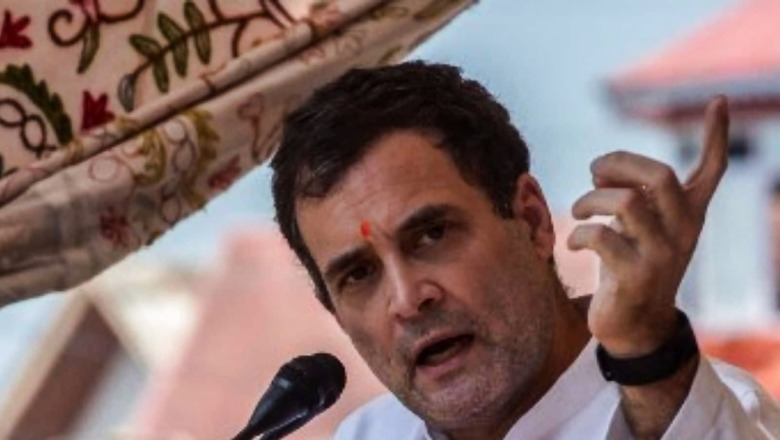
views
Reaching out to Muslims had been a sine qua non of the Congress’ post-Independence politics. Jawaharlal Nehru was an ardent exponent of ‘secularism’; however, he faced accusations from within his own party that as the prime minister, he leaned too heavily on the side of Muslims. Nehru must be turning in his grave with regret and remorse, seeing the Congress he nurtured—in fact, against Gandhi’s will to disband it—deviate from the supposedly utopic ideals that he established in opposition to the allegedly dystopic ideas of the ‘Hindus’ or ‘Hindutvavadis’. And now, decades later, the scion remarks that India is a country of Hindus and that the rule of Hindus must be restored, undoing all that Nehruvian secularism stood for!
Then: In September 1951, Nehru forced the purportedly ‘right-wing’ Purushottam Das Tandon to resign as Congress president and his supporters to resign from the Congress Working Committee. A month later, Nehru declared, “If any man raises his hand against another in the name of religion, I shall fight him until the last breath of my life, whether from within or without the government.”
By 1955, Nehru was facing unwavering opposition from ‘Hindu Right’ over the Hindu Code Bill. J.B. Kripalani was a vocal opponent of Nehru’s policy on the issue. During a debate on the Hindu Code Bill in Parliament, Kripalani accused Nehru of communalism: “I charge you with communalism because you are bringing forward a law about monogamy only for the Hindu community. Take it from me, the Muslim community is ready for it, but you aren’t brave enough to do it.”
Indira Gandhi carved an image for herself as the ‘protector of Muslims’ during her tenures as the prime minister. Rajiv Gandhi’s Shah Bano decision to reverse a court judgment on the issue of maintenance to a woman divorced by her husband under pressure from Muslim clerics bolstered the Congress’s pro-Muslim image. During the lock-up of Ram Mandir in Ayodhya in the 1980s, his government attempted to strike a balance by looking on the other side. However, the Congress suffered electoral losses as a result of the Ram Mandir campaign in Ayodhya during the 1980s and 1990s.
In 1999, a Congress Working Committee (CWC) resolution acknowledged a pro-Muslim bias in the party’s decision-making process. The late V.N. Gadgil, one of the architects of the CWC resolution, was particularly critical of the Congress leadership for pandering to Muslim hardliners. He was terse about the Congress warming up to the Shahi Imam of Delhi’s Jama Masjid. “Every time the Shahi Imam makes a statement, the party reacts as if God himself has spoken. Do minorities mean only Muslims? What about Buddhists, Sikhs, and others?” he asked. In arguing his case, Gadgil stated, “Muslims constitute only 18 per cent of the vote share. Even if all of them vote for Congress, the party will not come to power. We cannot go on ignoring the sentiments of the other 82 per cent.”
On December 9, 2006, then PM Manmohan Singh, who headed a Congress-led government at the time, told a National Development Council (NDC) meeting, “We will have to devise innovative plans to ensure that minorities, particularly the Muslim minority, are empowered to share equitably the fruits of development. They must have the first claim on resources.”
Following the 2014 Lok Sabha election and the party losing its vote share, the A.K. Antony committee, formed to investigate the reasons for the Congress’ humiliating defeat, is believed to have mentioned the party’s pro-Muslim image among voters. After the Congress’s rout in the polls and the Antony committee’s report, there was a noticeable shift within the party.
Post 2014, the Congress began underscoring the ‘Hindutva’ paradigm. The Congress’ shift to the other side of the secular divide marks a significant departure from the past, when the party and its top leaders made a concerted effort to reach out to minorities, particularly Muslims, who now feel that they have lost the veto power they once enjoyed. In a visit to the Somnath temple in November 2017 ahead of the Gujarat Assembly election, Rahul Gandhi declared himself a “Shiv Bhakt” (devotee of Lord Shiva). The Congress Party held a press conference to declare that Rahul Gandhi was a “janeu-dhari Hindu” (a sacred-thread-wearing Hindu).
In the midst of this Hindu shift, it was oxymoronic for the Congress to make headlines in the Urdu newspaper Inquilab in July 2018. According to the paper, Rahul stated, “The Congress is a Muslim party.” According to the report, he said at an indoor meeting, “If the BJP says the Congress is a Muslim party, that is fine. The Congress is a Muslim party because Muslims are weak, and the Congress always stands with the weak.” Four months later, in November 2018, as the countdown to the 2019 Lok Sabha elections began, Rahul Gandhi declared, “My gotra is Dattatreya. I am a Kashmiri Brahmin.”
Now: “India is a country of Hindus, not Hindutvavadis,” said Rahul Gandhi at a Congress rally in Jaipur to protest rising prices. This doesn’t come as a surprise when one looks at the history of the dynast—no matter what the speech is, somehow he would be led astray to enter the realm of Hindutva, just to stir a hornet’s nest (every time)—who leaves no stone unturned to bash, denigrate and disparage India, that is, Bharat, its civilisation, and its people. He, who unquestionably excels at making derogatory and scandalous remarks about Hindus, takes us by surprise (this time) when he speaks of establishing the “rule of Hindus” in India, which is synonymous with what is known as ‘Hindu Rashtra’, the very idea that he and his ilk vehemently oppose ad nauseam.
He adds, “Since 2014, Hindutvavadis, not Hindus, have been in power. We need to oust them and bring the rule of Hindus.” Ostensibly, this may be Rahul Gandhi’s maiden proclamation that India belongs to Hindus. In response to the Narendra Modi government’s decision to repeal the three farm laws, Rahul Gandhi said, “When Hindu farmers stood up, Hindutvavadi said, ‘I apologise’.” He spotlighted his Hindu identity once more: “I am Hindu, but not Hindutvavadi.”
This is not the first time he has attempted to draw a false equivalence between Hinduism and Hindutva. He, in fact, has been trying to vilify and demonise Hindutva. In November 2021, Rahul Gandhi addressed a gathering of Congress workers in Maharashtra—“Why do Hindus need Hindutva when they follow Hinduism? Is Hinduism about beating a Sikh or a Muslim? No. But Hindutva is. Is Hinduism about killing Akhlaq? I have read the Upanishads and nowhere is it written to kill an innocent man. But I can see it in Hindutva… If you are a Hindu, then why do you need Hindutva? Why do you need this new name?”
With the BJP seemingly winning the Hindu narrative, Rahul Gandhi and the Congress are attempting to distinguish between ‘Hindu’, ‘Hinduism’ and ‘Hindutva’. Recently, Congress leaders, including Rahul Gandhi’s sister Priyanka Gandhi, have publicly displayed their Hindu identity. Priyanka Gandhi visited temples in Uttar Pradesh and offered prayers. She spoke at a public rally in Varanasi and raised slogans hailing Goddess Durga. She began her speech by reciting a hymn. Now, Rahul Gandhi has declared that India belongs to Hindus and this has left the party’s cadre perplexed but the voters unmoved.
Yuvraj Pokharna is a Surat-based educator, columnist, and social activist. The views expressed in this article are those of the author and do not represent the stand of this publication.
Read all the Latest Opinions here










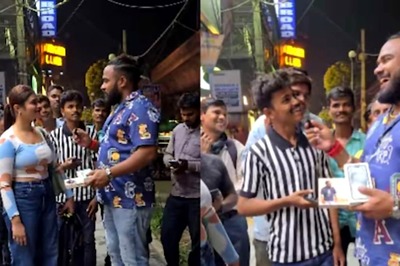
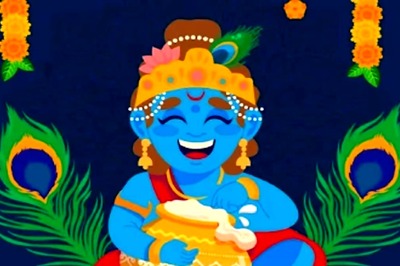

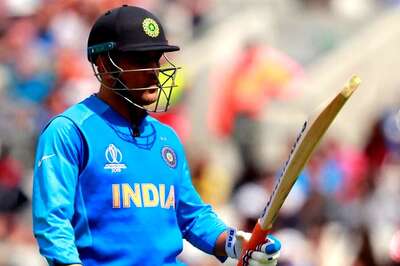

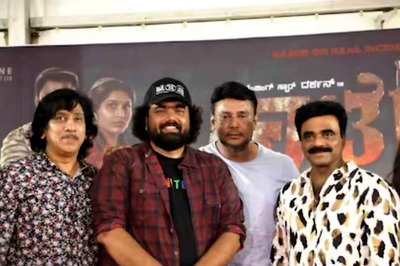

Comments
0 comment